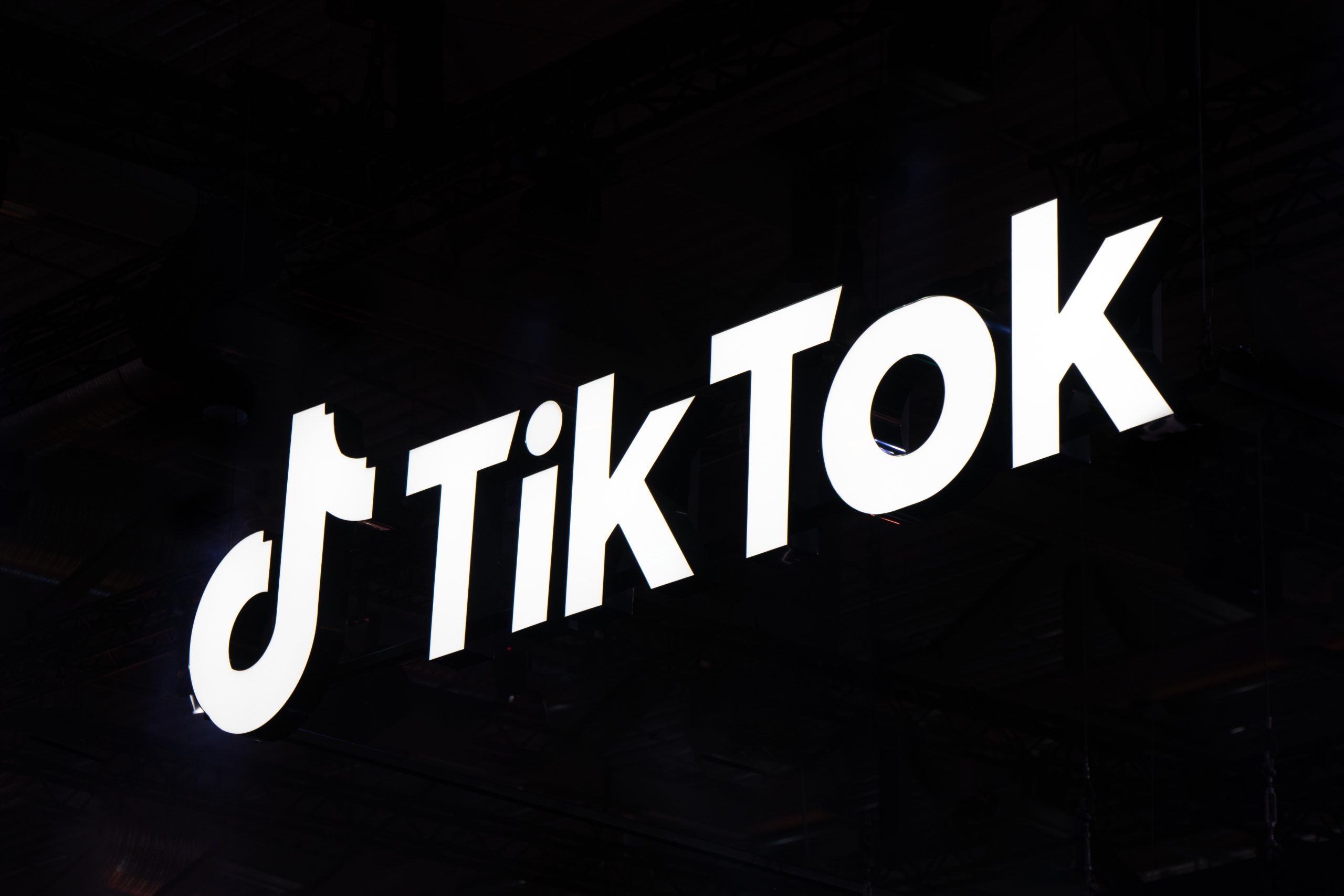ByteDance, the parent company of popular short-video app TikTok, and Meta, formerly known as Facebook, have long been battling for dominance in the social media space. Now, the two tech giants are taking their rivalry to the virtual reality (VR) realm, with both companies vying for supremacy in the development of VR apps.
ByteDance has been making strides in the VR industry with its subsidiary, Pico Interactive. Pico, a VR headset maker, has been developing VR software and creating VR experiences for its users. The company has already launched its own VR app store and has been working with game developers to create new VR games.
On the other hand, Meta has been investing heavily in VR and augmented reality (AR) technology through its Oculus division. Oculus has been focused on developing VR hardware and software, including its Oculus Quest 2 headset, which has been well-received by consumers. The company has also been working on its own VR social media platform, Horizon Workrooms, which allows users to collaborate in a virtual office space.
The competition between ByteDance and Meta in the VR space has intensified in recent months. ByteDance has been expanding its VR offerings, with reports indicating that the company is planning to release its own VR headset in the near future. The headset is said to be similar to the Oculus Quest 2 and will offer access to Pico’s VR app store.
Meta, on the other hand, has been working on expanding the capabilities of its Oculus Quest 2 headset. The company recently released an update that allows the headset to track hand and finger movements without the need for additional controllers, a feature that is expected to enhance the user experience in VR games and applications.
The battle between ByteDance and Meta for VR app developer supremacy has implications beyond just the two companies. The VR industry as a whole is expected to grow significantly in the coming years, with projections indicating that the market will reach $120 billion by 2026. As such, the winner of this rivalry could potentially have a significant advantage in the industry.
There are also broader implications for the tech industry as a whole. ByteDance and Meta are two of the largest tech companies in the world, and their competition in the VR space is indicative of a larger trend in the industry. As tech companies continue to expand into new areas and invest heavily in emerging technologies like VR and AR, we can expect to see more clashes between the industry’s titans.
The competition between ByteDance and Meta is not just limited to the VR space, of course. The two companies are also battling in the social media and advertising arenas, with each company seeking to dominate these lucrative markets. The rivalry between ByteDance and Meta is likely to continue for the foreseeable future, with both companies constantly seeking new ways to gain an advantage over their competitor.
Ultimately, the battle between ByteDance and Meta for VR app developer supremacy is indicative of the broader trends and shifts taking place in the tech industry. As companies continue to expand into new areas and invest heavily in emerging technologies, we can expect to see more clashes between the industry’s biggest players. The future of tech is likely to be shaped by these titans and the competition between them.




